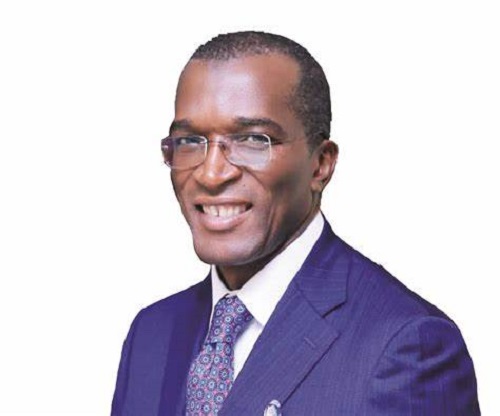
Inside Uganda’s struggle to make insurance work for the ordinary citizen
Kampala, Uganda | JULIUS BUSINGE | By the time Agnes Nakato’s (not her real name) husband died in a road accident, she had no idea that his employer’s life insurance policy could have supported their three school-going children.
“No one explained anything to me. By the time I found out, the claim period had expired,” she says. Her story is not uncommon in Uganda, where mistrust, misinformation, and minimal engagement continue to define public attitudes toward insurance.
A newly launched public perceptions report sheds light on why many Ugandans like Nakato remain locked out of the insurance system.
The report, presented at the 63rd Uganda Insurance Regulatory Authority (IRA) CEOs Breakfast Meeting held in Kampala on April 10, paints a picture of an industry at crossroads.
Commissioned by the Uganda Insurers’ Association (UIA) and conducted by REEV Consult International in collaboration with Fireworks Advertising, the report is the first stage in developing the Insurance Literacy and Inclusion Agenda (ILIA). The initiative seeks to address longstanding gaps in understanding trust and to reposition insurance as a relevant financial tool for ordinary Ugandans.
Despite insurance being introduced in Uganda as early as 1948, the industry remains under-penetrated. According to FinScope Uganda 2023, national uptake is just 2%, and penetration lingers at a disappointing 0.8%. The study identifies misinformation, negative perceptions, and lack of access as key deterrents. For instance, nearly 70% of those surveyed believe paying insurance premiums is “lost money,” while a similar proportion finds the claims process too long and frustrating.
Beyond perceptions, the report highlighted real structural weaknesses. Many respondents expressed low awareness of mechanisms like the IRA Complaints Bureau, meant to assist aggrieved clients. The study further found that insurance is widely seen as a preserve for the wealthy and that rural communities are rarely reached by insurers.
Insurers are urban-based
According to REEV Consult, part of the problem is how insurers operate. The report points out that many companies remain focused on urban markets and short-term profits, with little effort to design innovative, affordable products or reach untapped populations. Cultural and religious beliefs also play a role in discouraging formal insurance uptake, further fuelling the growth of informal, community-based safety nets.
Addressing participants at the launch, IRA Chief Executive Officer Ibrahim Kaddunabbi Lubega welcomed the report as a timely intervention. “This report is a wake-up call to the sector. We must urgently rebuild public trust and expand access to relevant, affordable products,” he said.
Kaddunabbi added that the upcoming National Health Insurance Scheme, once implemented, will be a game-changer in supporting insurance deepening and promoting inclusion.
He also noted that some improvements have already been initiated. “Many of the issues mentioned in the survey are being worked on. However, more needs to be done to achieve the milestones we envision. I know from my engagements with players in the sector that they are willing to change—though it may not happen as fast as we would like,” he added. Kaddunabbi also called on government institutions to change their perception of insurance and consider its vital role in economic development.
Jonan Kisakye, chief executive officer of the Uganda Insurers’ Association, acknowledged the industry’s sluggish growth but highlighted recent progress.
“For a long time, penetration has oscillated between 0.5% and 0.8%, but the industry has grown from Shs90 billion in 2005 to over Shs1.6 trillion today. That shows there is momentum, but more must be done,” Kisakye said.
He revealed that insurers invest hefty sums of money annually in public sensitization campaigns. Despite these efforts, the impact remains minimal. “We believe that the industry has not been doing sensitization the right way. That’s why we have launched the Insurance Literacy and Market Development Agenda—to shift from just research and recommendations to action and implementation.”
Plans ahead
The consultants will now move forward with developing a stakeholder engagement plan, communication strategy, and a monitoring framework to guide implementation. The findings, according to stakeholders, offer a critical opportunity to reform an industry with vast potential to cushion citizens against economic shocks.
For people like Nakato, the hope is that these reforms will mean no more missed opportunities when tragedy strikes. “If I had known earlier, life might have turned out differently,” she reflects.
The challenge for Uganda’s insurance sector now is to turn insight into impact and ensure that the promise of protection reaches every corner of society.
 The Independent Uganda: You get the Truth we Pay the Price
The Independent Uganda: You get the Truth we Pay the Price



